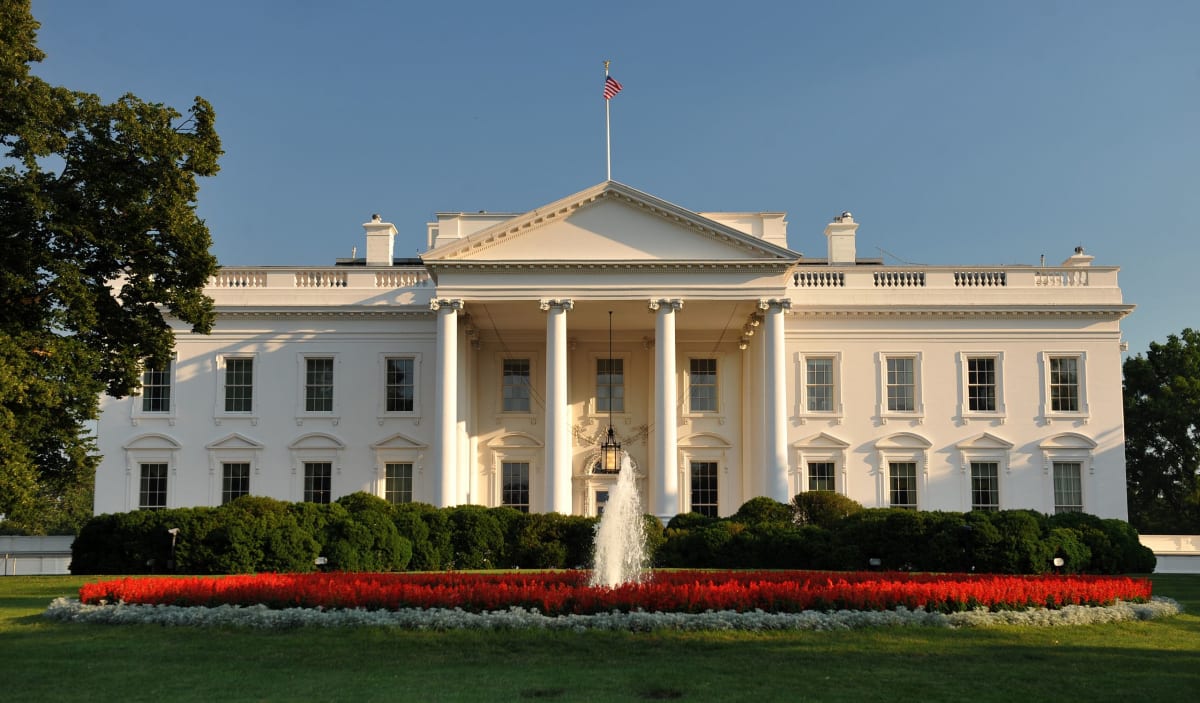White House To Reduce Bitcoin Energy Use: Report

- The White House is drafting policy to address bitcoin mining as it seeks to lessen energy consumption and emissions.
- In March 2022, President Biden signed an executive order in a “whole of government” approach to regulate the broader cryptocurrency market.
- Per the executive order’s timeline, a report is expected to be released in August detailing climate impact and other governing concerns.
The Biden administration is crafting policy recommendations aimed at lessening the energy consumption and emissions footprint of Bitcoin and other proof-of-work (PoW) cryptocurrencies, according to a report from Bloomberg Law.
The publication said it spoke to the principal assistant director for energy for the White House Office of Science and Technology Policy, Costa Samaras, who offered some insight into the impending policy attempts.
“It’s important, if this is going to be part of our financial system in any meaningful way, that it’s developed responsibly and minimizes total emissions,” Samaras reportedly said. “When we think about digital assets, it has to be a climate and energy conversation.”
Regulators were tapped by President Biden’s administration earlier this year in a “whole of government” approach to understanding and regulating the broader cryptocurrency space as Biden signed an executive order. The order set timeframes, most within a 120 to 180-day period, to publish reports in conjunction with other governing bodies intended to guide the administration through a largely misunderstood market.
According to the report, the Energy Department, which issues many of the efficiency standards likely being discussed, did not provide comment on the matter of PoW-based cryptocurrencies like Bitcoin. However, Samaras offered insight on the matter.
“We need to think about what would be the appropriate policy responses under a world that shifted to proof-of-stake, or a world that has some continuous mix of proof-of-work and proof-of-stake,” Samaras said. “Proof-of-work is energy-intensive by design, but it also increases security.”
A report geared towards uncovering emissions, noise pollution, energy efficiency for differing consensus mechanisms and the possible revival of fossil fuel intensive mining methods is expected to be released this August following the timeline of the aforementioned executive order.
“We’ve seen reports about noise, local pollution, older fossil generators being restarted in communities,” Samaras said. “These are not trivial loads.”